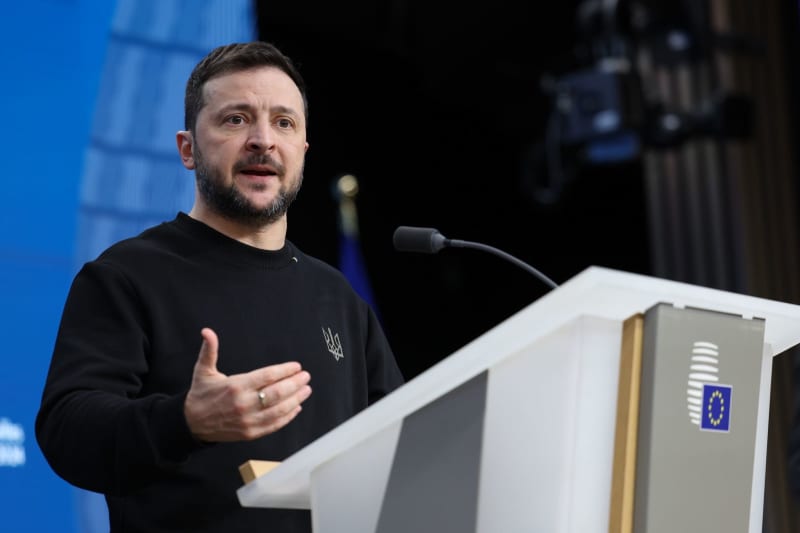Ukrainian President Volodymyr Zelensky has escalated his rhetoric regarding military operations against Russia, specifically threatening continued strikes on Russian military installations following recent Ukrainian attacks on Kazan and sites within the Kursk border region. In his evening address from Kiev, Zelensky confirmed, “We will definitely continue to strike Russian military targets – with drones and missiles, increasingly with Ukrainian-made ones,” signaling a commitment to targeting military bases and infrastructure believed to be used in assaults against Ukraine. He emphasized the ongoing consequences of previous attacks, highlighting the complexity of recovery efforts in the wake of a recent ballistic missile strike on the capital.
On the same day as Zelensky’s statements, a Ukrainian drone attack reportedly struck Kazan, a city in the Republic of Tatarstan, which lies far from the active conflict zones. Local authorities reported fires erupting due to the strikes, although details regarding casualties weren’t immediately available. In response to the heightened situation, city officials suspended major weekend events and restricted air traffic at Kazan International Airport for security reasons. Ukraine’s Defense Ministry accused Russian forces of misleading claims regarding the attacks, stating that no military targets had been affected while emphasizing the civilian impact.
The broader military climate was painted by Zelensky, who noted that Russia’s recent actions included launching over 550 cruise missiles and almost as many combat drones within a week. This context underscores the ongoing military tensions as Ukraine continues to mount a resistance against what it describes as a full-scale invasion that has persisted for nearly three years. The ongoing strikes and military offensives reflect Ukraine’s strategy of utilizing both Ukrainian-made and Western-developed arms to counter Russian advances.
Another significant development occurred in the town of Rylsk in Russia’s Kursk region, where a Ukrainian missile strike resulted in five deaths and twelve injuries, as confirmed by regional governor Alexander Khinshtein. Rylsk, located approximately 30 kilometers from the border and with a population of about 15,000, has been a key strategic area due to its near proximity to the ongoing conflict. The attack has prompted concerns over heating for 88 homes in the town, reflecting the broader humanitarian implications of the conflict as military actions directly affect civilian populations.
As part of a surprise offensive strategy, Ukraine has expanded its military actions into the Kursk region, with objectives that include targeting military installations, supply routes, and industrial facilities used by Russian forces. This capability has been bolstered by enhanced military cooperation with Western nations, granting Ukraine access to advanced weaponry and tactics that improve its effectiveness in these cross-border engagements. The increased targeting of Russian sites signals an adaptability in Ukraine’s military operations, as the nation aims to disrupt logistical support for Russian incursions and maintain pressure on local military infrastructure.
In summary, the recent escalation of Ukrainian strikes on Russian territories illustrates a critical junction in the ongoing conflict, highlighting both the operational commitment by Ukraine to counter Russian military actions and the grim realities faced by communities caught in the crossfire. This relentless back-and-forth not only reflects the deterioration of bilateral relations but also emphasizes the dire humanitarian situation as both nations endure the ramifications of their extended military engagements. As the conflict continues, the focus on military strategy intertwined with civilian impacts will remain crucial in understanding the evolving dynamics on the ground.

